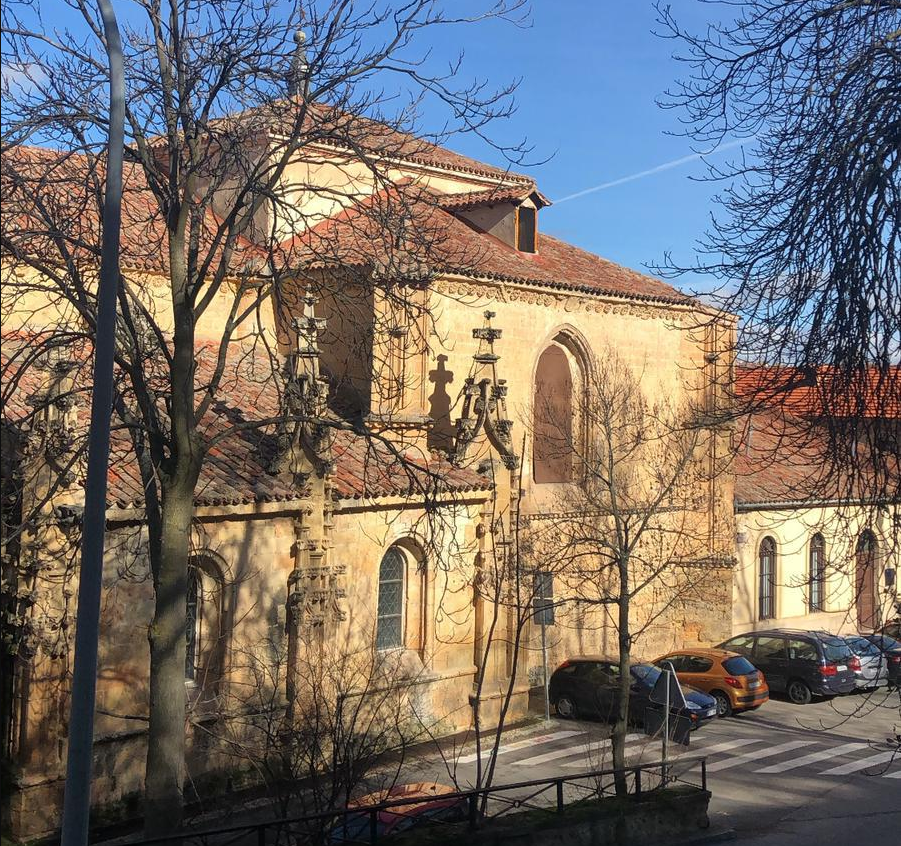Violent protests erupted in Madrid’s Puerta del Sol on Wednesday, February 17th. Hundreds gathered in support of rapper Pablo Hasél, who was arrested Tuesday for his tweets insulting police and the monarchy. Police clashed with protesters, sparking a national debate over what constitutes freedom of speech.
The protests started in Barcelona and other cities in the Catalonia region. Soon after, they spread to Madrid. There were instances of people throwing bottles and trash cans, setting them on fire, and kicking police officers. On Calle Mayor, protestors set ablaze a CaixaBank office and broke storefront windows.
The police, around 100 in Madrid alone, responded by firing rubber bullets and using batons. A 19-year old woman in Barcelona was allegedly hit by a rubber bullet, like those used by the Mossos d’Esquadra, the Catalonian police force. She lost her eye.
According to local reports, 4 people were detained in Granada, 19 people in Madrid, and 29 in Barcelona.
Hasél was arrested on Tuesday in his home city of Lleida, Catalonia. The Spanish High Court stated that he was convicted for “glorifying terrorism and insulting the monarchy”. They were focused on his tweets and a song that talked about King Juan Carlos (abdicated in 2014).
His original sentence was set for two years but was later reduced to nine months, despite his previous criminal record, including assault convictions and demonstrating support for terrorist groups like ETA and GRAPO.
Since then, more than 200 Spanish artists have signed a petition in support of Hasél. Amnesty International Spain claimed that the rapper’s arrest was unjust.
This is not the first time that the Spanish government has arrested someone for comments made over social media. Another Spanish rapper, Valtònyc, was charged under the same law as Hasél that forbids the “glorification of terrorism”. Valtònyc fled to Belgium after receiving his prison sentence in 2018.
Cover photo: Albert Gea/Reuters






